A $1 trillion budget agreement may have some local university officials breathing a sigh of relief.
A bipartisan agreement to keep the federal government operating through the fall keeps many resources in place at operating levels similar to or greater than where they were under President Barack Obama.
Portions of the initial budget proposal from President Donald Trump drew concern from some, including local university officials, due to proposed cuts in federal research funding.
Dr. Myron Cohen is the director of the Institute for Global Health and Infectious Diseases at UNC. He visited Washington DC in March to speak with lawmakers about the importance of continuing federal research funding.
“If you don’t have sufficient funding in the pipeline, then you turn away a whole generation of scientists,” Cohen said after speaking at the capitol. “The consequences are not just that you don’t make discoveries that improve human health; you also lose your leadership edge worldwide, and you lose generations of young scientists.
“You don’t have an infrastructure.”
UNC Board of Trustees chair Dwight Stone said after a March board meeting that he was confident research funding would continue to have champions in the nation’s capitol through lawmakers including North Carolina’s Senators Richard Burr and Thom Tillis.
“Both of our United States Senators are very pro-research, as are others,” Stone said at the meeting. “We’ll continue to work and explain the benefits from that research with them, and I think they get it.”
UNC Chancellor Carol Folt said the senators, in particular, had shown support for research when visiting campus. But she added they did have questions about how to be more efficient.
“Both senators have come to campus, gone to visit the research areas, talked with our faculty,” Folt said before adding, “They have very serious questions about how to use that research and see it be more impactful.”
Folt also said it was beneficial to have information that showed lawmakers the direct impact and return on the investment of research dollars.
“We did a whole report a couple of years ago,” Folt said. “And we figured that we’re leveraging things in the areas that we really specialize in at UNC of up to $7 for every $1 we get from federal money.”
In the federal funding agreement that was released, the National Institutes of Health will be receiving a $2 billion boost through September. House minority leader Nancy Pelosi said in a statement the agreement was in “sharp contrast” to Trump’s proposal.
Folt said other areas of funding were also important, including Pell Grants and other areas focused on controlling the cost of a higher education.
The agreement is expected to pass the House and Senate before the end of the week. Trump has indicated he is going to sign the legislation.
Related Stories
‹

UNC Study: 'Habitual' Social Media Use Changes Kids' Brain DevelopmentDo you remember the time before social media? For children and young adults, social media is a significant part of their lives — and we’re still learning how it’s affecting them.
A study conducted by UNC researchers found a habitual checking of social media can impact brain development in adolescents.
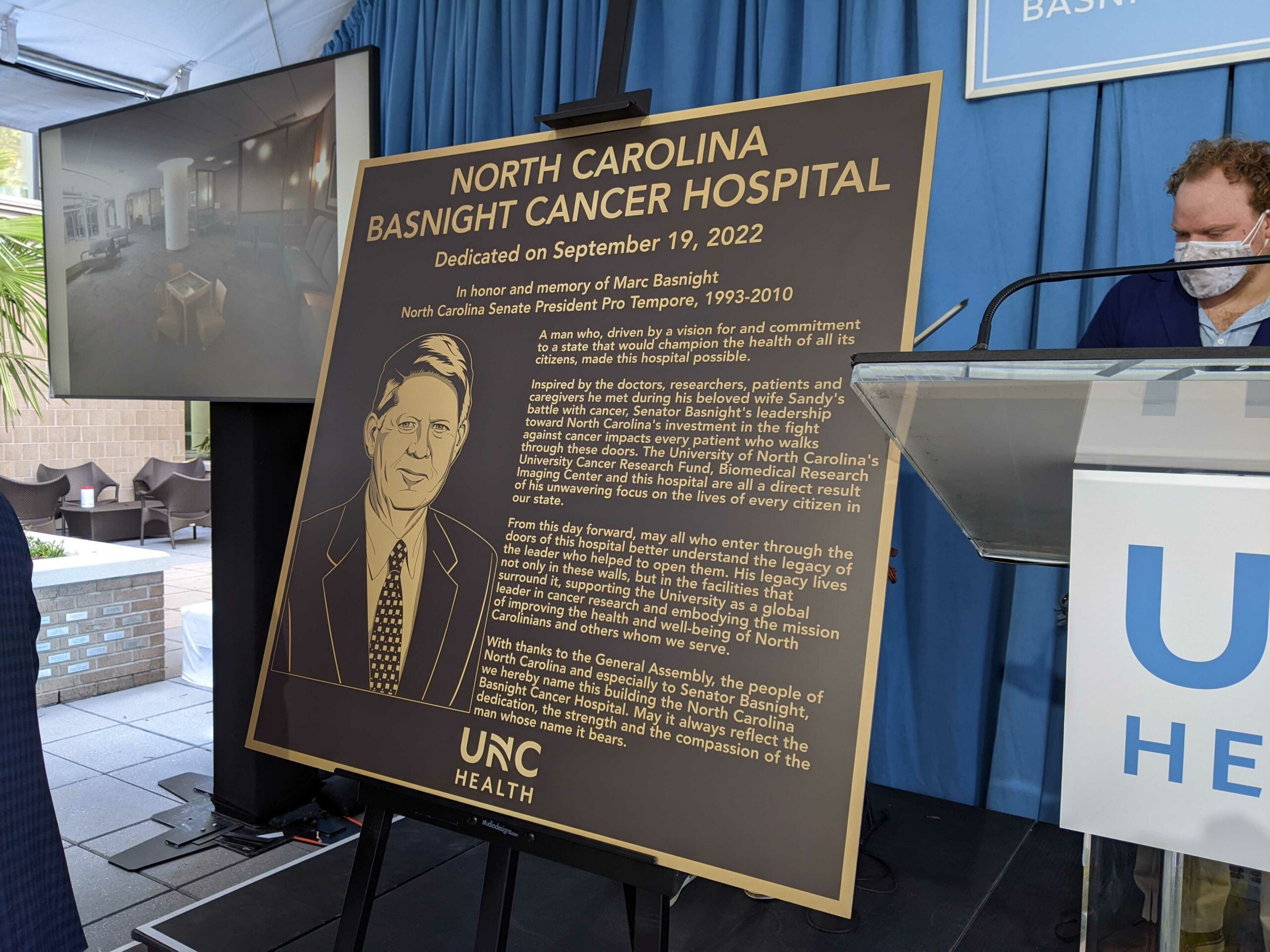
UNC Cancer Hospital Renamed to Honor State LeaderMarc Basnight was North Carolina’s longest-serving legislative leader. After his death, state legislatures wanted to find a way to honor him.
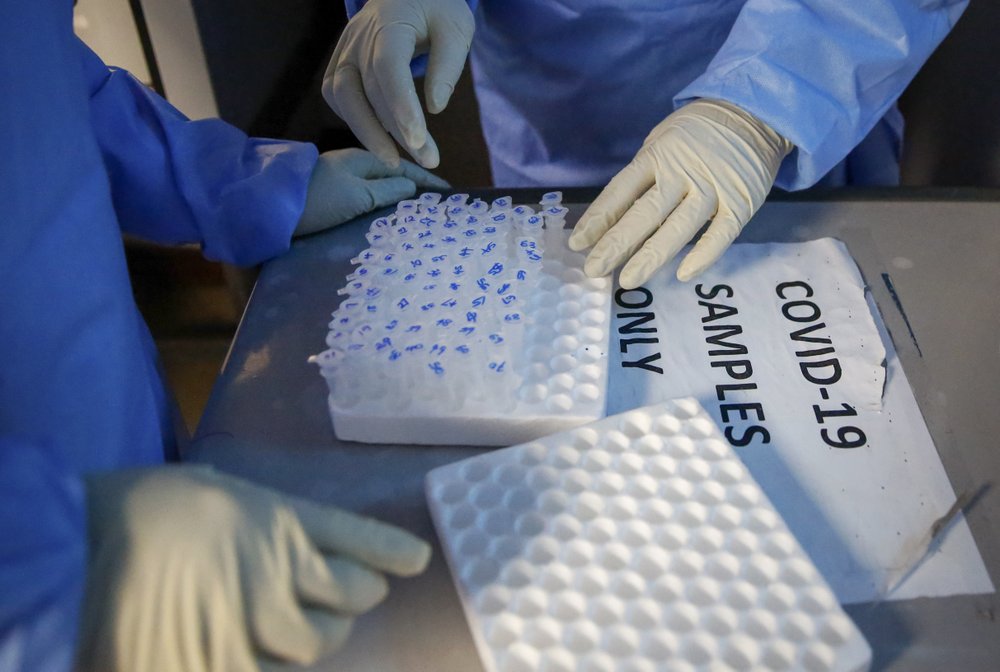
UNC Researcher on COVID, At-Risk Populations: 'We Are Not Out of the Woods'As coronavirus cases in North Carolina continue to rise, researchers and health officials are expressing concerns for at-risk groups – and that means more than just the elderly population. Dr. Giselle Corbie-Smith is a UNC Professor of Social Medicine, the Director of the Center of Health Equity Research and a Professor of Internal Medicine. She […]
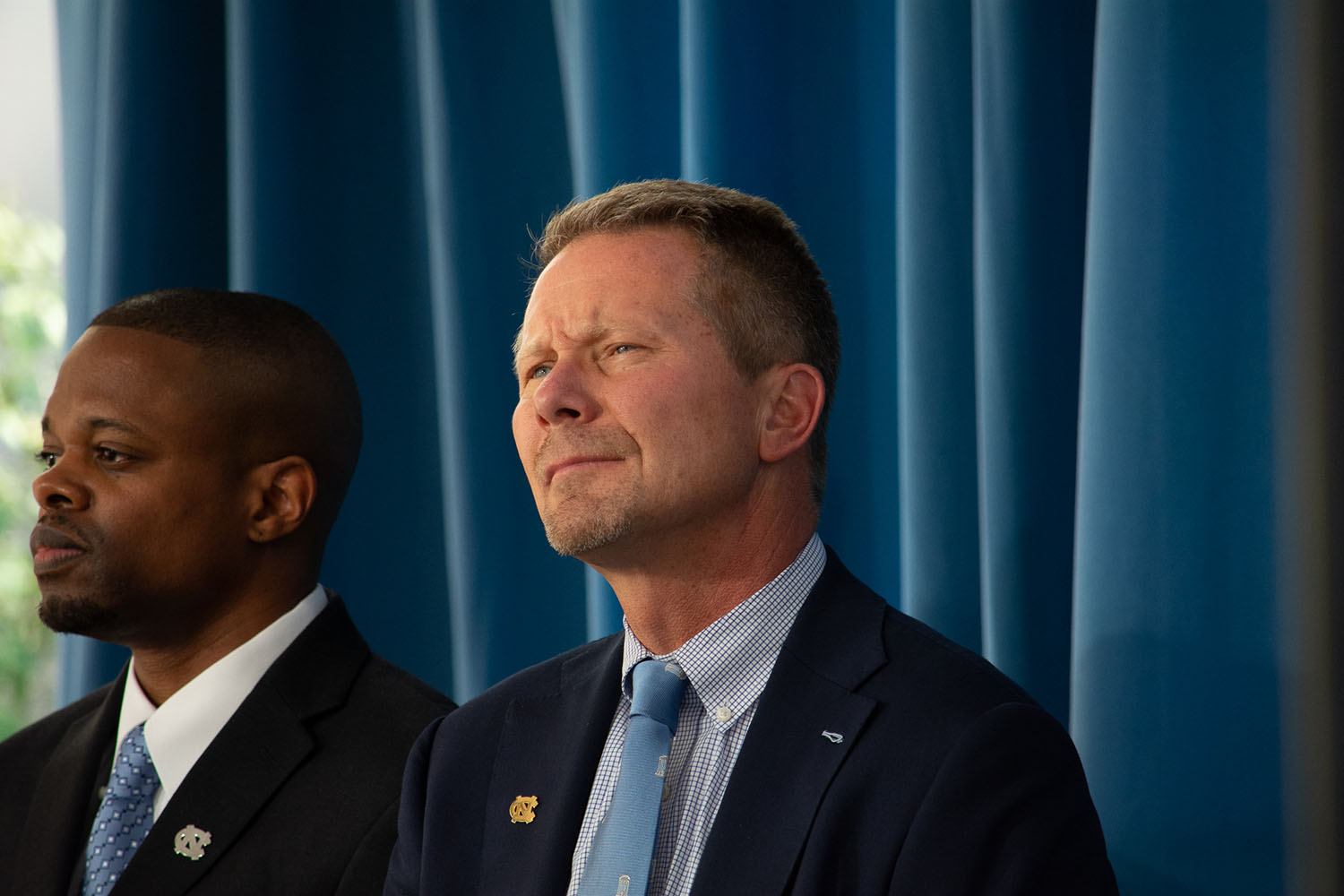
UNC Pushes Back Against Research Allegations in The AthleticUNC interim chancellor Kevin Guskiewicz has long been viewed as one of the leading concussion researchers in the world in recent years. But a report published in The Athletic this week claimed that for years UNC student-athletes, particularly football players, were testing positive for ADHD at abnormally high rates – which the report claims could […]

New UNC Center to Research Technology's Impact on DemocracyUNC announced its plans for a new research center on Monday that will study the ways technology is changing democracy in the digital age. The Center for Information, Technology and Public Life will look to discover empirical numbers on ways technologies impact and interact with society. Topics like fake news, the sales of data to […]
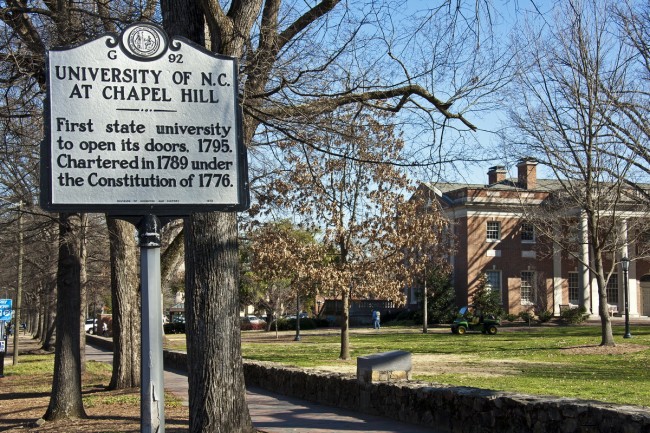
NC Policy Collaboratory to Fund GenX ResearchThe North Carolina Policy Collaboratory at UNC recently announced $430,000 in grants for three research projects regarding contaminants in water supplies in North Carolina, including GenX – a potentially toxic industrial compound that has been detected in the Cape Fear River. The collaboratory, which has been funded by the state legislature for two years, exclusively […]
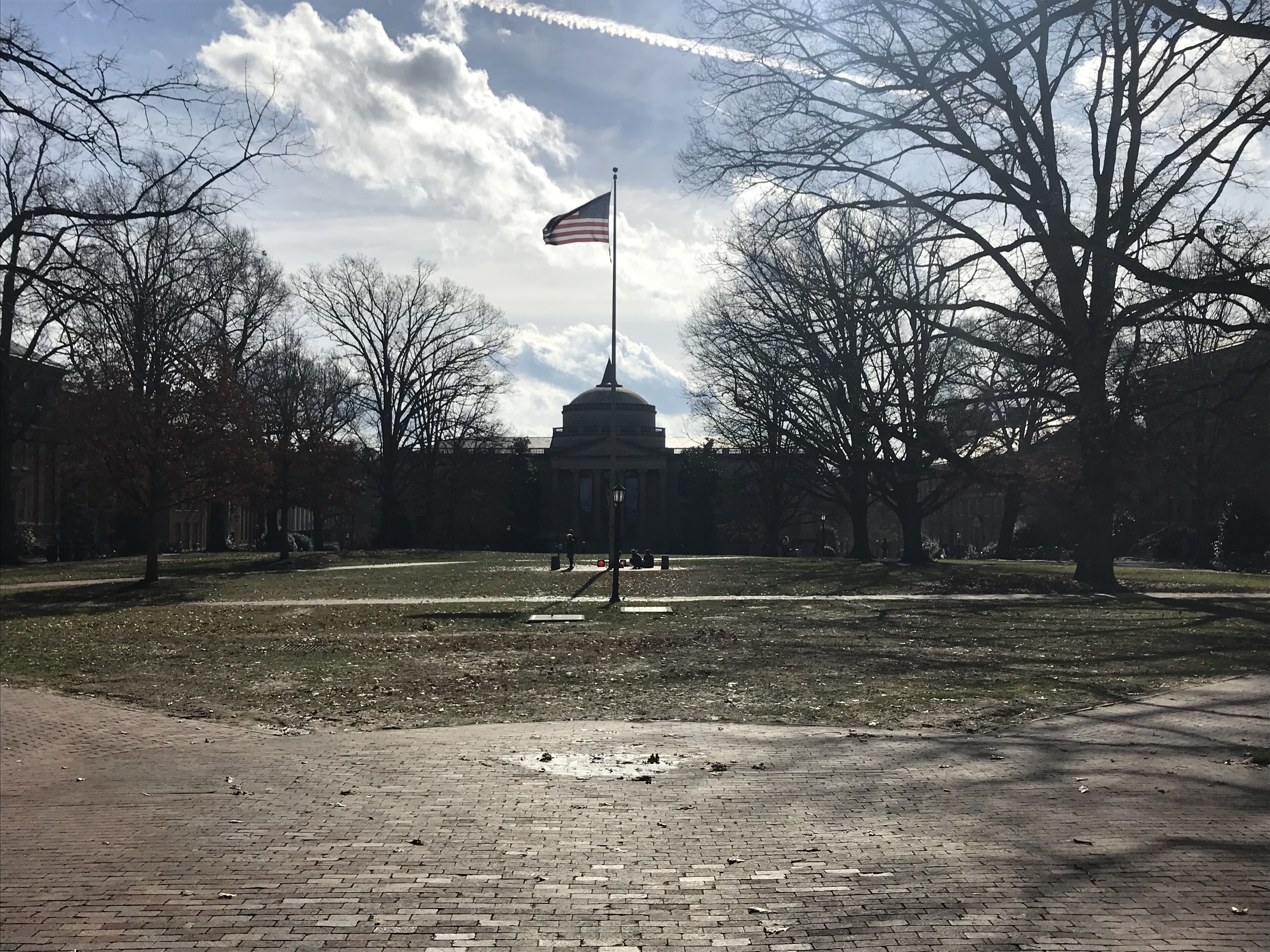
UNC Autism Research Center Announces New Fundraising CampaignThe UNC Autism Research Center is setting a goal to raise $50k to fund interdisciplinary postdoctoral research. The fundraising campaign was launched on April 2, which is World Autism Day. UNC Autism Research Center project manager Allison Zoller says in addition to funding the position, she believes the fundraiser will boost awareness for the center. […]
![]()
UNC Research Exceeds $1 Billion Annually for the First TimeFor the first time in its history, UNC has surpassed $1 Billion in annual research expenditures, according to the annual Higher Education Research and Development (HERD) survey. UNC is ranked 11th nationally among all research institutions in research and development expenditures. Vice Chancellor of Research at UNC Terry Magnuson says this spending only serves to […]
![]()
Higher Education, Part VI: Teaching Over ResearchHow much does today's university value teaching? How much should it?
![]()
Federal Research Dollars Safe in Budget AgreementA $1 trillion budget agreement may have some local university officials breathing a sigh of relief. A bipartisan agreement to keep the federal government operating through the fall keeps many resources in place at operating levels similar to or greater than where they were under President Barack Obama. Portions of the initial budget proposal from […]
›








